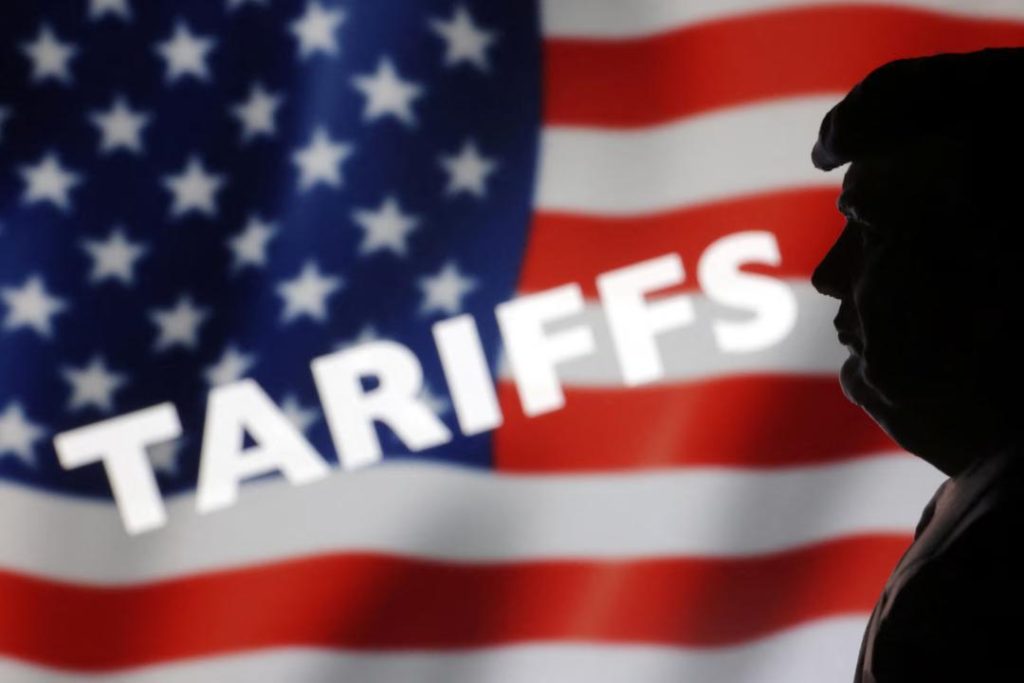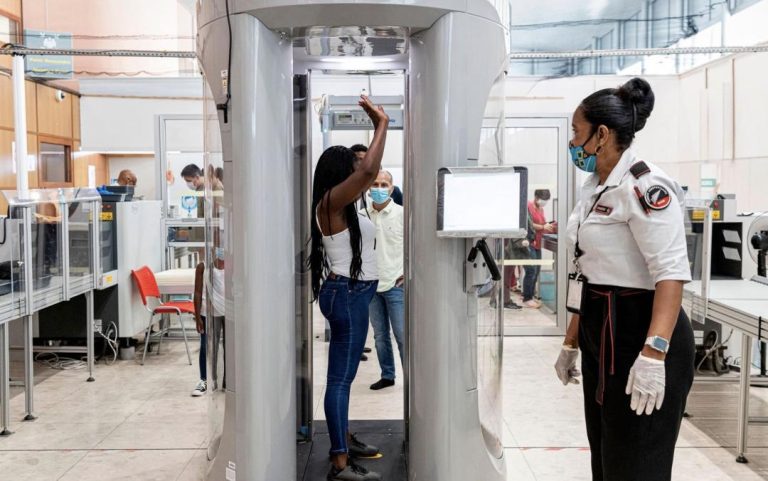
Worst Day for US Stock Markets since COVID-19 after Trump’s Tariffs
The US stock markets witnessed their worst day since the 2020 COVID-19 pandemic on Friday, as the S&P 500 plummeted 6%, the Dow Jones Industrial Average plunged 5.5%, and the Nasdaq composite dropped 5.8%. The losses came in the wake of China’s announcement of 34% retaliatory tariffs on all US goods, a tit for tat move against US President Donald Trump’s reciprocal tariffs.
The markets had already been experiencing a bout of volatility in recent weeks, with investors growing increasingly concerned about the escalating trade tensions between the US and China. However, the extent of the losses on Friday took many by surprise, with some analysts describing the day’s performance as “chaotic” and “unprecedented”.
The S&P 500, which tracks the performance of 500 of the largest publicly traded companies in the US, sank 6% to 2,630.77, its biggest one-day decline since March 2020, when the pandemic was first spreading globally. The Dow Jones Industrial Average, which is made up of 30 of the largest and most widely traded companies in the US, fell 5.5% to 24,500.71, its biggest one-day decline since October 2018.
The Nasdaq composite, which is dominated by technology and healthcare stocks, suffered its worst day since August 2019, dropping 5.8% to 7,137.84. The Russell 2000 index of smaller companies also plummeted 5.5% to 1,350.44.
The losses were widespread across all sectors, with only a handful of stocks managing to eke out gains on the day. Technology and healthcare stocks, which are heavily dependent on international trade, were among the hardest hit, with Microsoft, Amazon, and Alphabet all falling by over 5%.
The day’s performance was a stark reminder of the risks and uncertainties associated with international trade tensions, and the impact they can have on global financial markets. The US-China trade war, which has been ongoing for over a year, has already had a significant impact on the global economy, with many countries experiencing slower growth and increased uncertainty.
The reaction to the day’s events was swift and widespread, with many analysts and investors expressing shock and dismay at the scale of the losses. “This is a wake-up call for investors,” said Mark Hulbert, a financial analyst and commentator. “The trade war is not going away, and it’s going to continue to impact the markets in the weeks and months ahead.”
The losses were also a reminder of the importance of diversification in investment portfolios, and the need for investors to be prepared for unexpected events. “This is a good reminder that no one knows what’s going to happen next,” said Tom Hayes, a financial advisor and portfolio manager. “Investors need to be prepared for the unexpected, and to have a long-term perspective.”
In the aftermath of the day’s events, there was widespread speculation about the potential impact of the trade war on the US and global economies. Some analysts expressed concern that the trade war could lead to a recession, while others argued that the effects would be limited and that the economy would eventually recover.
One thing is certain, however: the trade war is far from over, and investors would do well to remain vigilant and prepared for the unexpected. As the situation continues to evolve, one thing is clear: the impact on the markets will be significant, and investors would be wise to be prepared.
Source:






